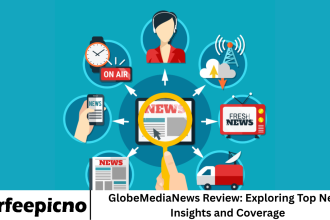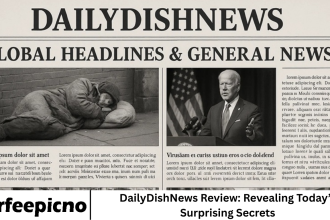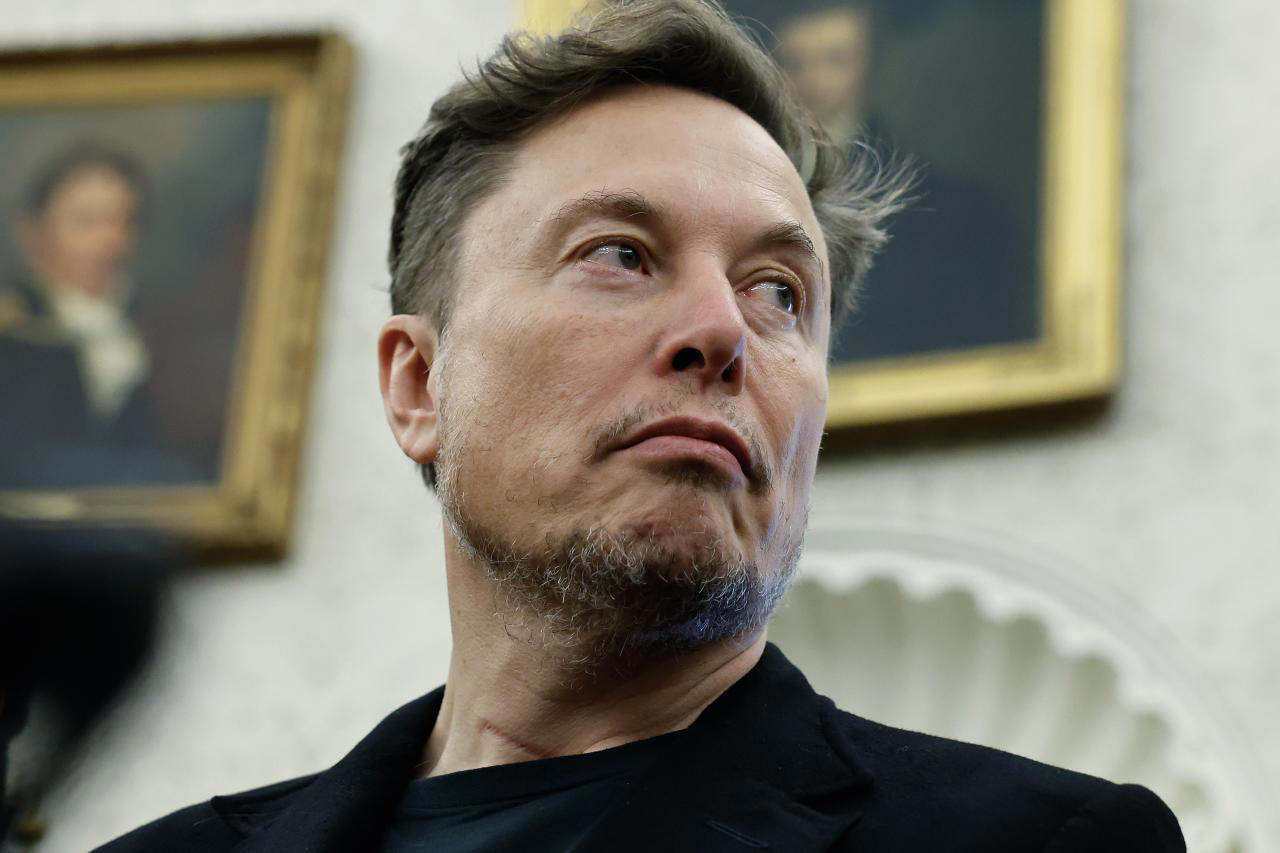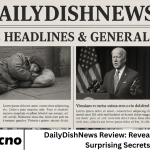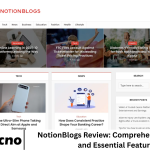In a move that has rattled the tech world, Elon Musk’s companies—X and xAI—have filed a high-profile antitrust lawsuit against Apple and OpenAI, alleging that the tech giants are actively suppressing competition in the artificial intelligence sector. The 61-page filing claims that Apple and OpenAI have formed an “anticompetitive scheme” that limits the growth of rival AI platforms, including Musk’s own AI project, Grok.
This lawsuit underscores the growing tensions in the AI industry as powerful companies compete to dominate the emerging landscape of generative AI. Analysts say the case could set an important precedent for how antitrust laws apply to AI technologies integrated into consumer devices.
Allegations: Suppressing Competition in AI
Exclusive Integration of ChatGPT
A key focus of the lawsuit is Apple’s exclusive integration of OpenAI’s ChatGPT into its iPhone, iPad, and Mac devices. Musk’s companies argue that this exclusive arrangement effectively locks out competitors like Grok, giving OpenAI a privileged position in Apple’s ecosystem. By embedding ChatGPT as the default AI assistant, Apple is accused of using its platform to suppress competition, which Musk claims violates antitrust laws.
App Store Manipulation
Musk’s filing also alleges that Apple has manipulated its App Store rankings to disadvantage Grok. According to the lawsuit, Grok’s visibility in the App Store has been intentionally limited, making it harder for users to discover and use the platform. Musk further contends that Apple has delayed approval for Grok’s updates, hindering development and the overall user experience.
The Legal Battle
This lawsuit is not Musk’s first confrontation with OpenAI. Previously, Musk filed a federal lawsuit accusing OpenAI of abandoning its original mission and turning toward a for-profit model. OpenAI countered with claims of harassment and defamation. The current antitrust case adds another layer to the ongoing legal tensions, with a jury trial scheduled for spring 2026.
Legal experts suggest that the case could attract widespread attention from regulators, potentially shaping the future rules of AI competition in the tech industry.
Some observers have expressed support for Musk’s claims, noting Apple’s dominant position in the smartphone market and the potential for such dominance to limit competition. The integration of ChatGPT could indeed create barriers for other AI developers, reducing opportunities for innovation and market entry.
Criticism and Skepticism
Other experts remain skeptical of Musk’s lawsuit, suggesting that the claims lack concrete evidence. Critics argue that Grok’s limited success in the App Store may be related to its performance or popularity rather than intentional suppression. OpenAI has dismissed Musk’s allegations, framing the lawsuit as part of an ongoing personal rivalry rather than a legitimate legal challenge.
Broader Implications for the AI Industry
Regulatory Scrutiny
If Musk’s lawsuit is successful, it could trigger heightened regulatory scrutiny of both Apple and OpenAI. Antitrust authorities might examine the companies’ partnerships and market practices, possibly leading to restrictions on how AI services are embedded in consumer devices.
Consumer Choice and Innovation
A ruling in Musk’s favor could open the market to a wider range of AI assistants on Apple devices, fostering innovation and providing consumers with more options. Conversely, a ruling against Musk could solidify the dominance of OpenAI and Apple, potentially stifling competition and innovation in the AI sector.
The Stakes
The outcome of this lawsuit could have far-reaching consequences for the AI industry. It could determine whether the market remains open to multiple competitors or becomes increasingly dominated by a few powerful companies. For consumers, the decision could affect the variety and quality of AI services available on widely used devices.
FAQs
What is the main allegation in Elon Musk’s lawsuit?
Musk alleges that Apple and OpenAI have conspired to suppress competition in AI by integrating ChatGPT exclusively into Apple devices and manipulating App Store rankings to disadvantage his platform, Grok.
When is the jury trial scheduled?
The jury trial is scheduled for spring 2026.
What could happen if Musk wins the case?
A favorable ruling could open the market to more AI competitors, encourage innovation, and trigger regulatory scrutiny of Apple and OpenAI’s business practices.
How has OpenAI responded to the lawsuit?
OpenAI has dismissed the claims, framing the lawsuit as part of an ongoing pattern of personal rivalry rather than a legitimate legal challenge.
Why does this lawsuit matter for the AI industry?
The case could influence competitive practices, regulatory oversight, and the development of AI technologies, ultimately shaping the market and consumer options for years to come.
Conclusion
Elon Musk’s antitrust lawsuit against Apple and OpenAI represents a pivotal moment in the ongoing battle for AI dominance. The case highlights critical issues around competition, consumer choice, and innovation in a rapidly evolving industry.
As the trial approaches, the tech world will closely watch how courts address questions of market power and fairness in AI. The outcome could redefine the competitive dynamics of AI, shaping how new technologies are developed, deployed, and accessed by users worldwide.


